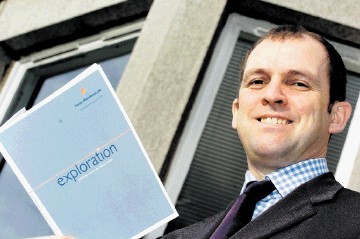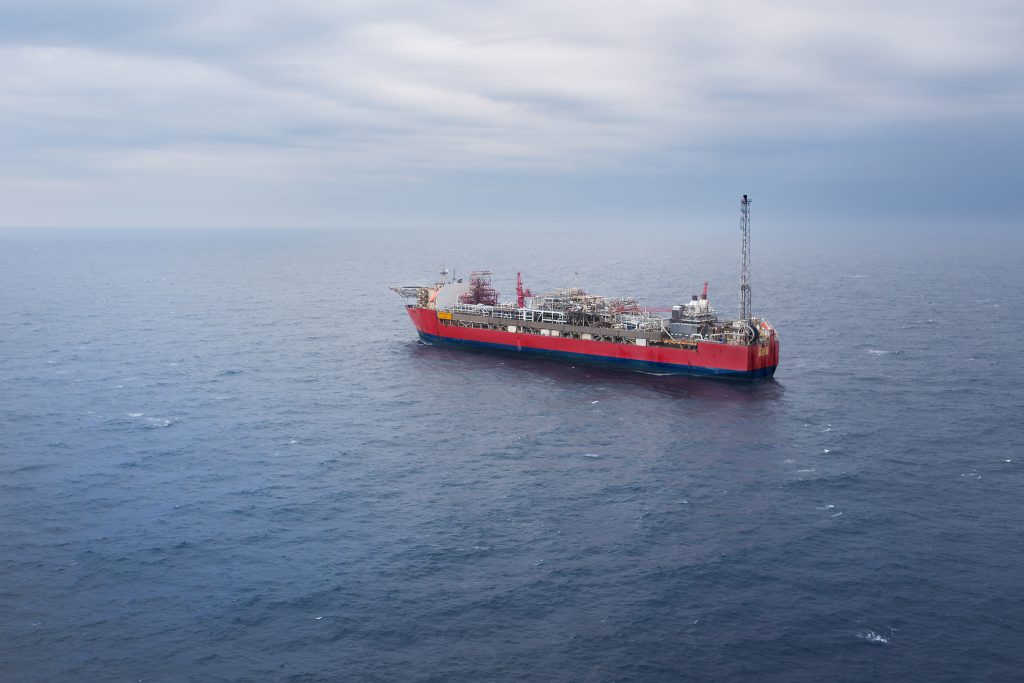
Faroe Petroleum’s chief executive hailed 2016 as a “transformational year” for the firm after landing a string of North Sea finds.
The company said new high quality resources were added by the 2016 Brasse discovery in the Norwegian North Sea.
This largely offset the reduction in resources following relinquishment and withdrawal from several other licences.
The Brasse prospect, which Faroe owns a 50% interest in and is the operator, is estimated to contain 43-80 million boe, with appraisal scheduled for this summer.
Despite this find, the firm came up dry on the Kvalross frontier exploration well.
But a further discovery on Njord North Flank is expected to yield 2-28 million boe gross.
The firm raised £66.1 million, before expenses, in share placing and an open offer in July and August 2016, to fund the acquisition from DONG of producing assets and accelerate the Brasse discovery.
A new, four-year NOK1 billion Exploration Financing Facility (“EFF”) and seven-year $250 million reverse based lending facility was secured in December 2016 on improved terms with existing and new lenders.
Graham Stewart, chief executive of Faroe Petroleum, said: “2016 was transformational for Faroe with the acquisition of a significant Norwegian portfolio of producing assets which doubled Group production and added material reserves, the material Brasse discovery in Norway, and a successful £66 million equity fund raise.
“Production from our UK & Norwegian portfolio averaged approximately 17,395 boepd in 2016, and we increased our 2P reserves base by 42% to 81 mmboe.”
Faroe’s pre-tax earnings drop by £34.6million in 2016 but the board secured a seven year borrowing base of $250million.
The independent oil and gas company narrowed its Earnings Before Interest, Taxes, Depreciation, Depletion, Amortization and Exploration Expense from £60.4 million in 2015 to £25.8 million last year.
This was put down to lower revenue, lower realised hedging gains and higher opex.
Faroe’s total loss after tax was £32.8 million compared to £52.9 million for 2016.
After pre-tax impairment charges amounted to £2.8 million while exploration write-offs consisted of £29.9 million.
Revenue was down to £94.8 million in 2016, down £18.2million on the previous year.
Total average economic production for 2016 was up at 17,395 boe per day compared to 10,530 boepd in 2015.
This was mainly due to newly acquired interests in the Norwegian Ula, Tambar, Trym and Oselvar producing fields which performed “ahead of expectation”.
The firm’s product mix consisted of approximately 58% liquids and 42% gas.
And the average cost to get a barrel of oil equivalent out of the ground increased by $2, to $25.
Closing reserves were up 23.9 million boe from 2015’s year end results to 81.3 million boe.
Stewart went on to say that the company would now focus around the Ula, Njord and Brage areas.
He added: “Ending the year with a significant cash position of £97 million and a new undrawn seven year Reserve Based Lending facility of $250 million puts Faroe in a strong position.
“We believe that we have the asset base to reach our stated goal of 40-50,000 boepd organically within the next five years, with robust economics even at low commodity prices.
“We will also continue to seek to capitalise on our strong financial position to pursue further consolidation opportunities on the Norwegian and UK continental shelves, while maintaining our focus on high impact exploration and appraisal drilling.”
Recommended for you
